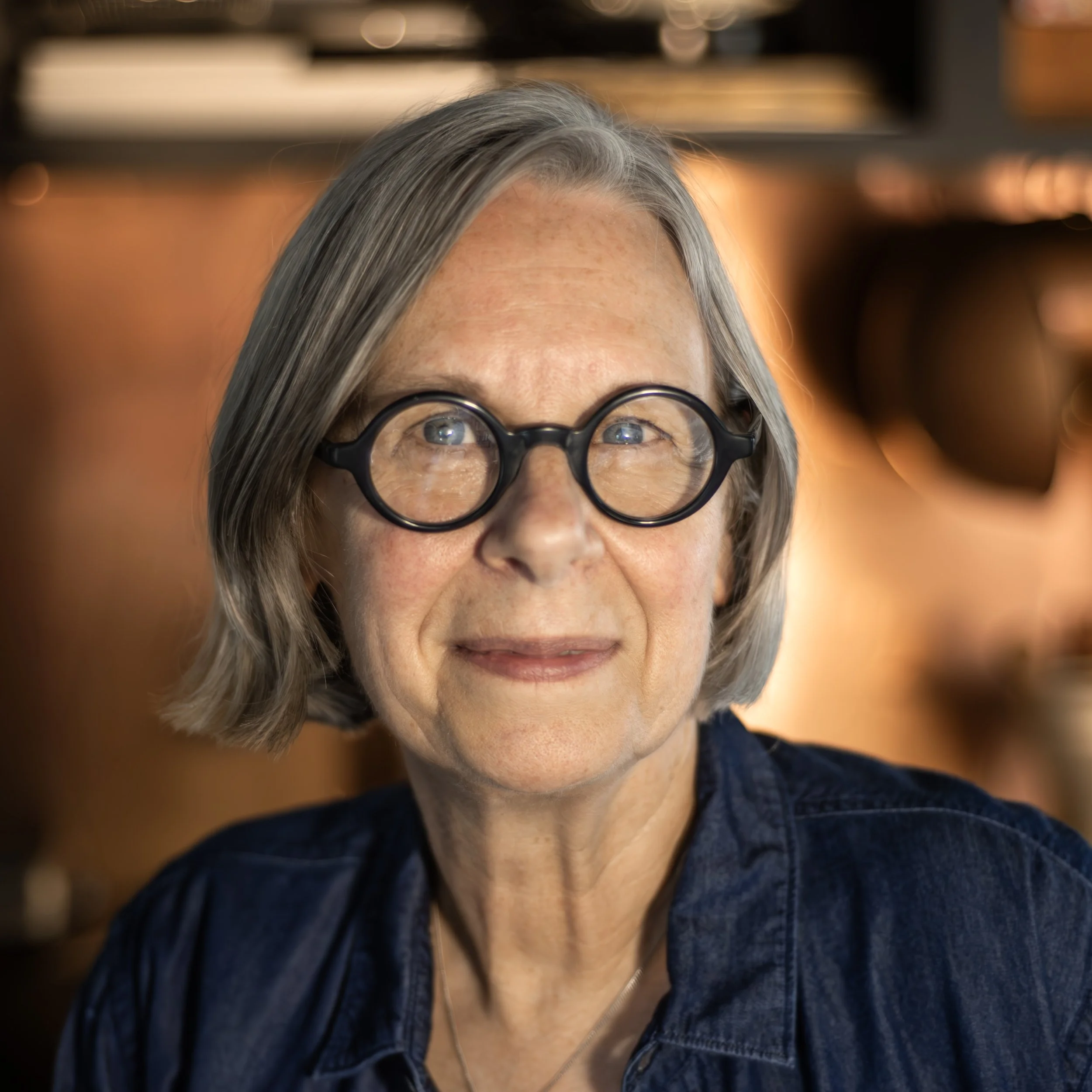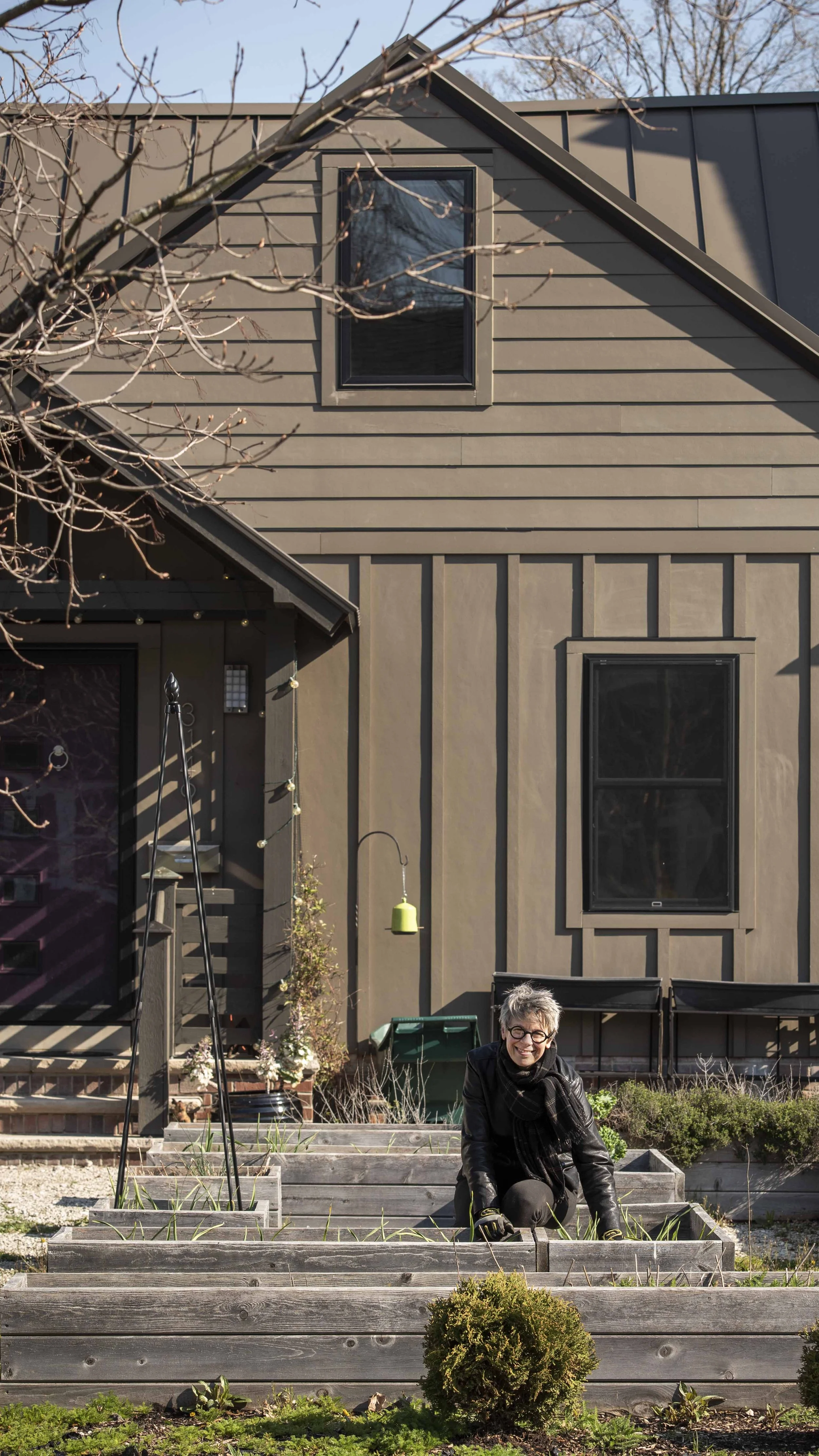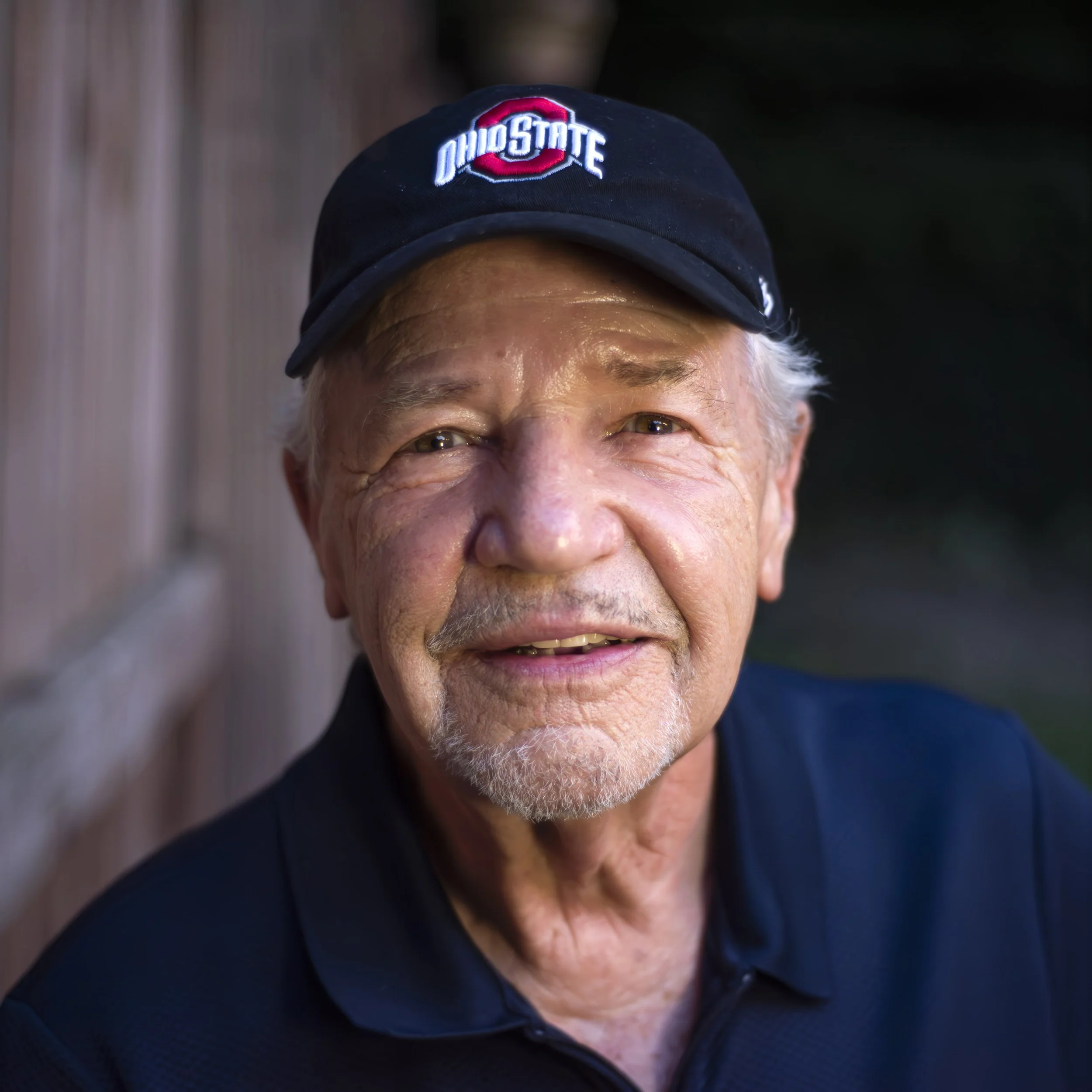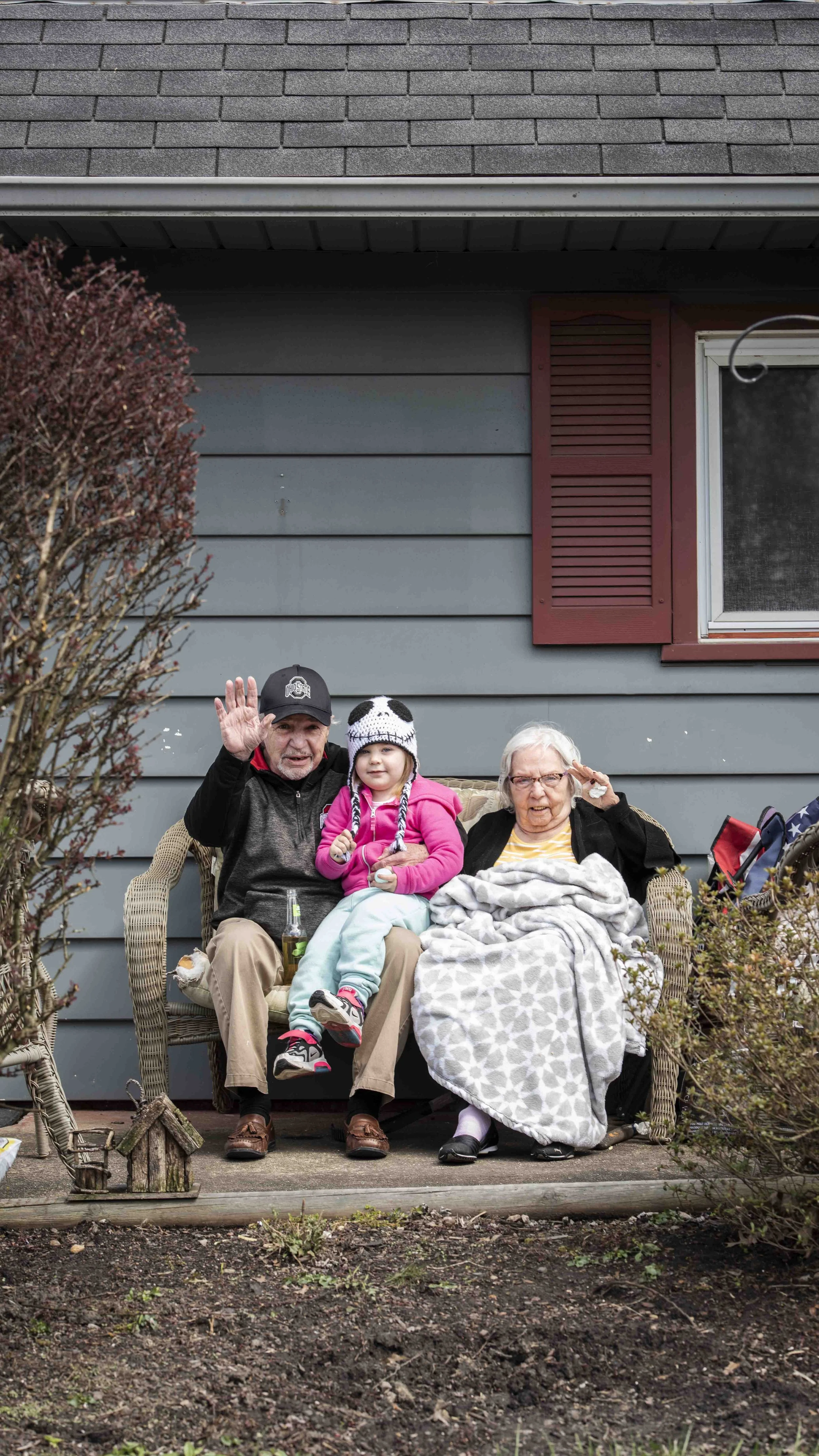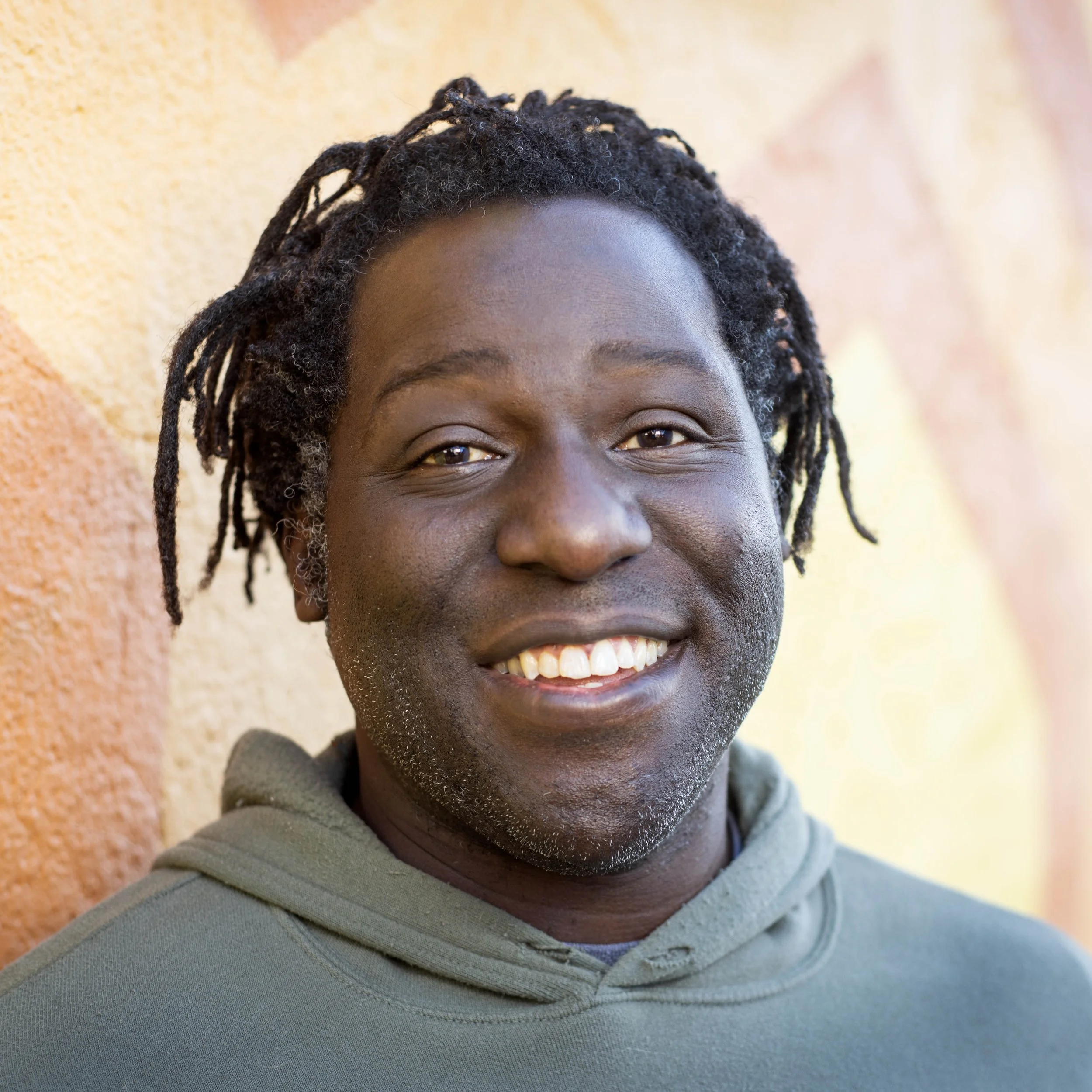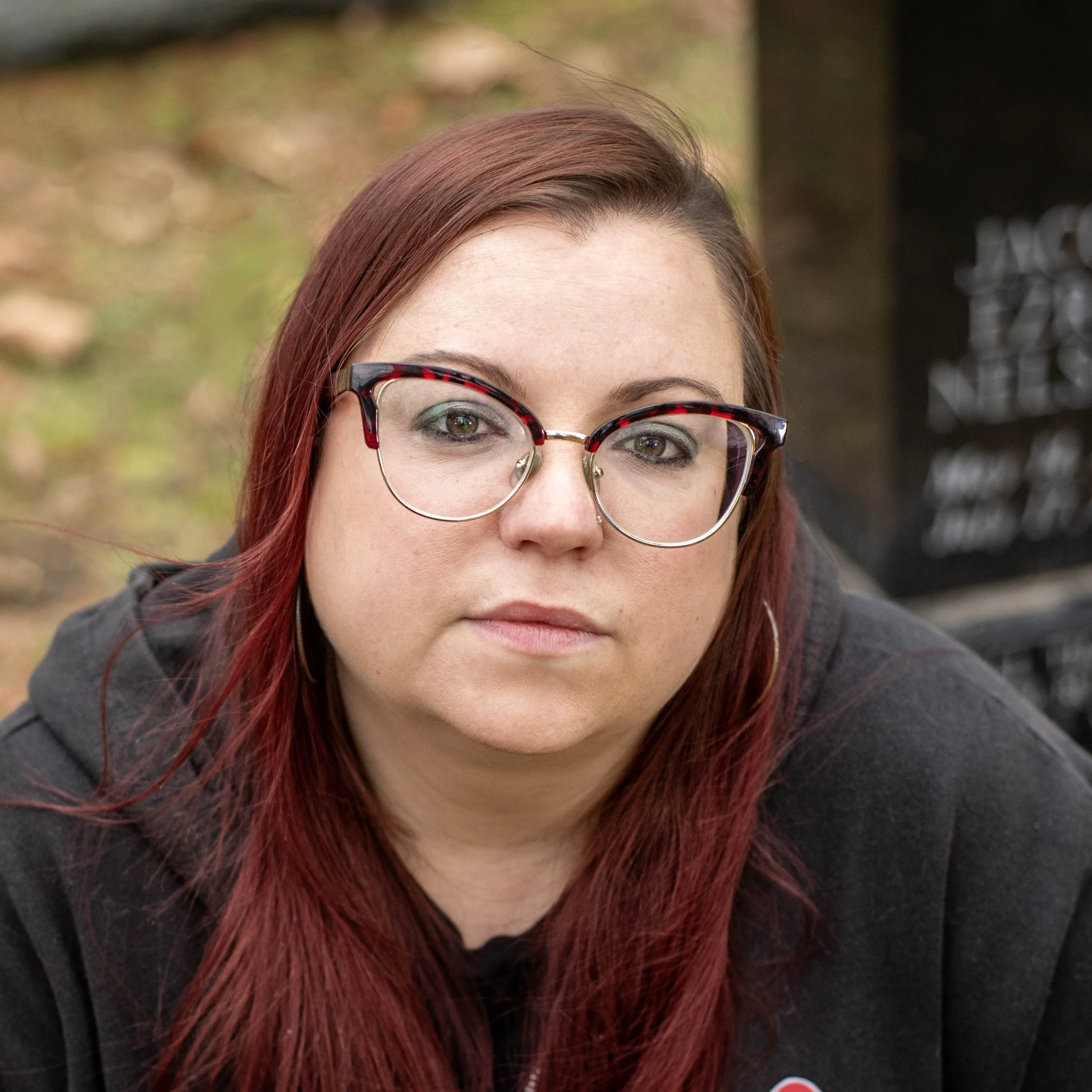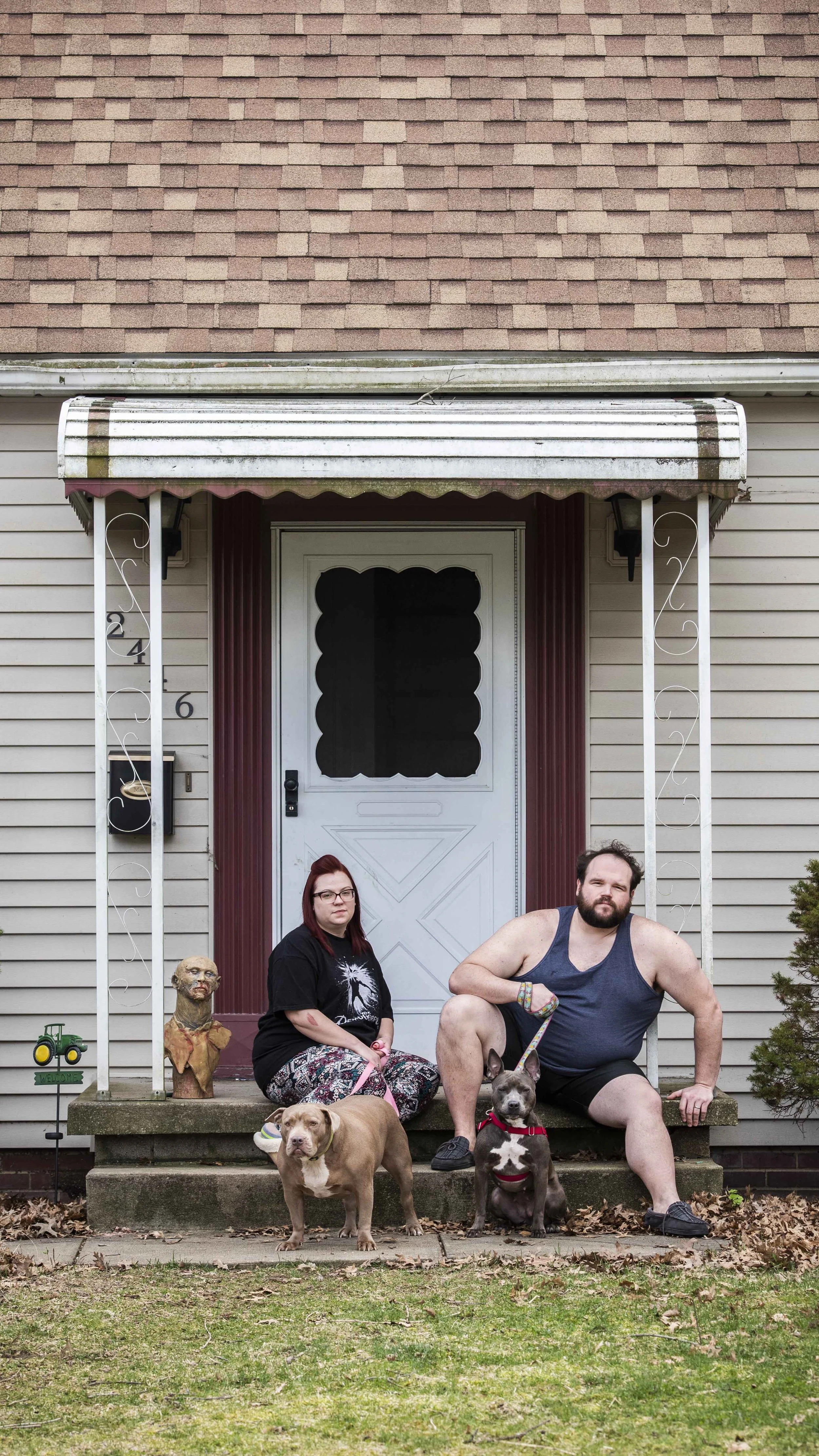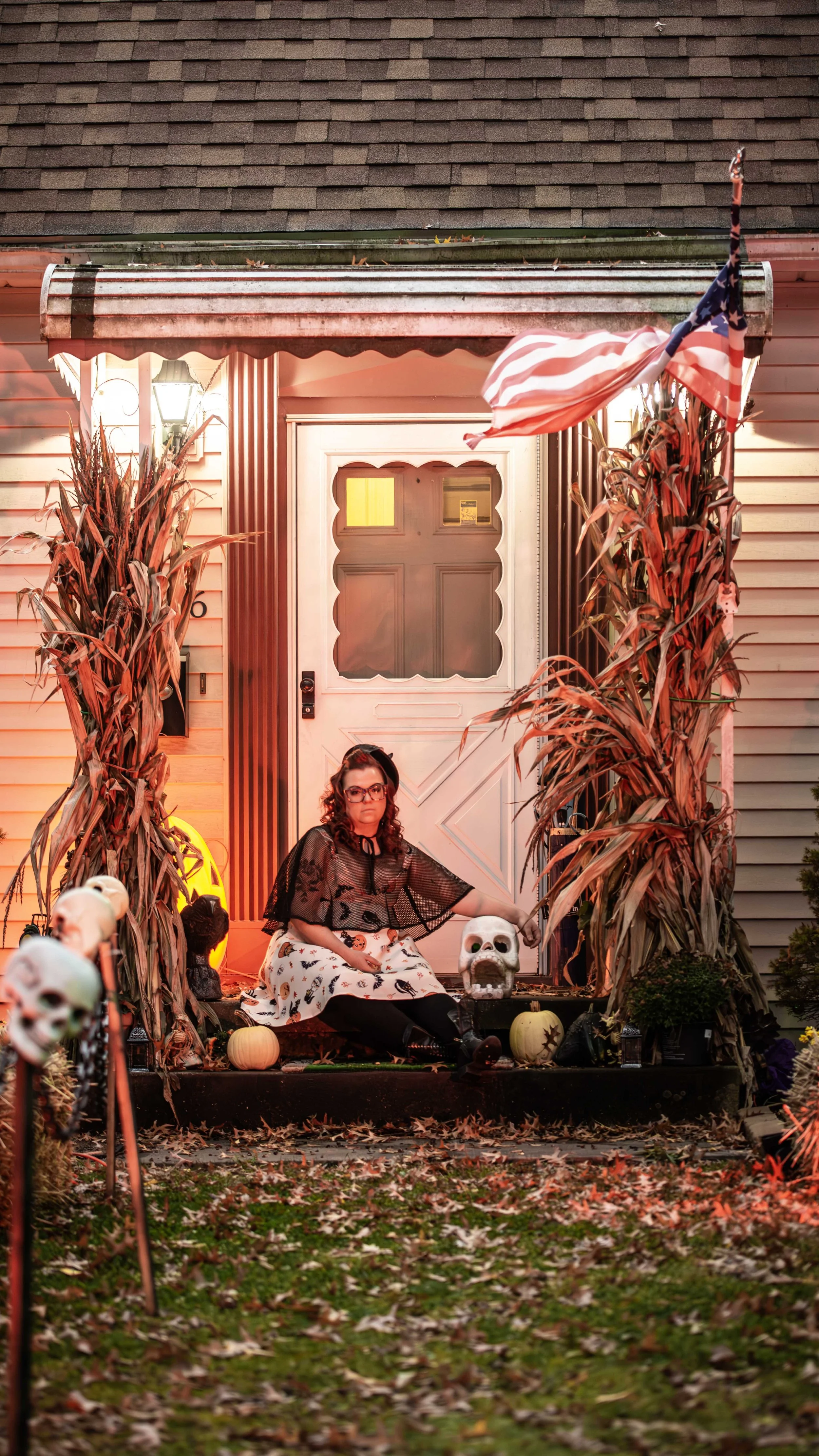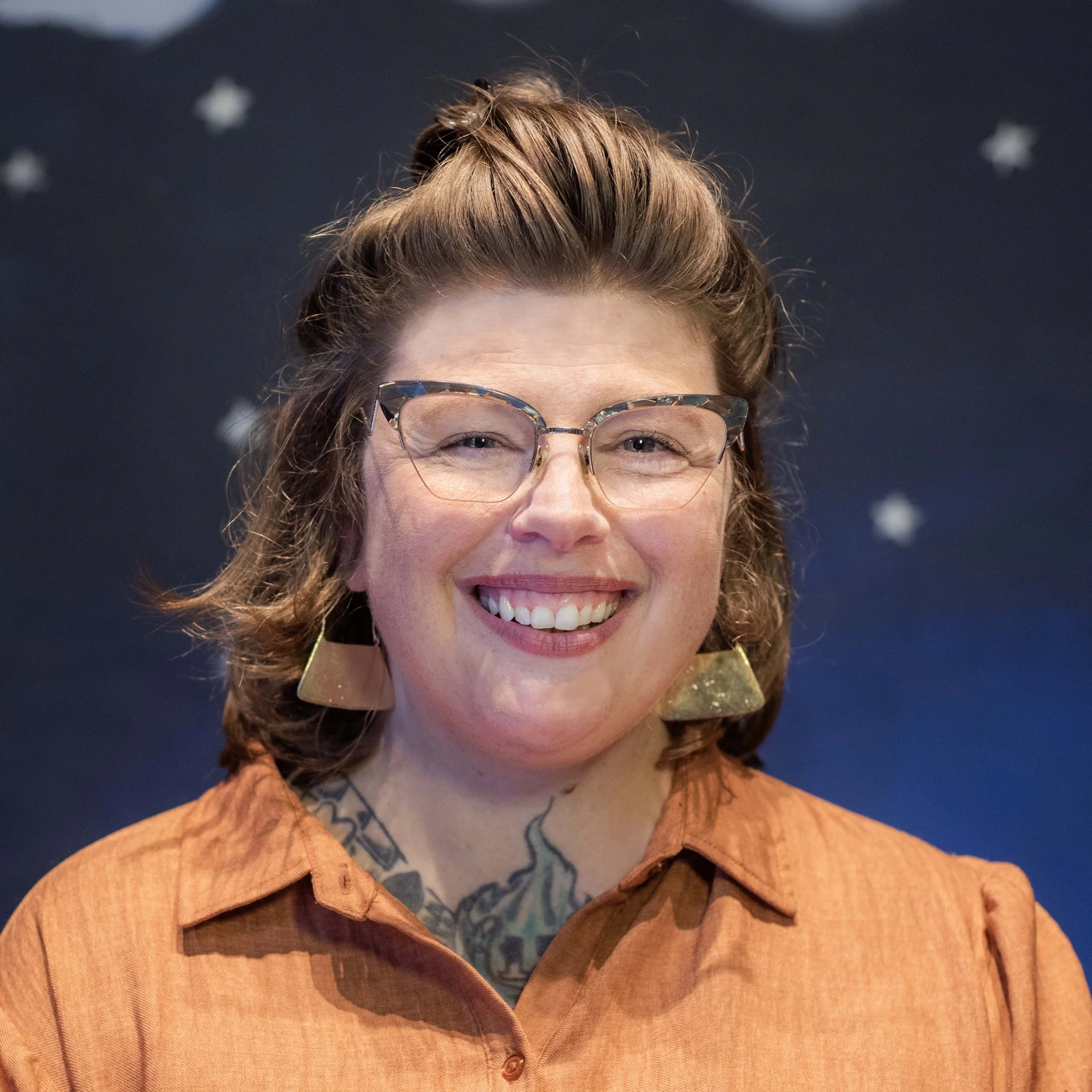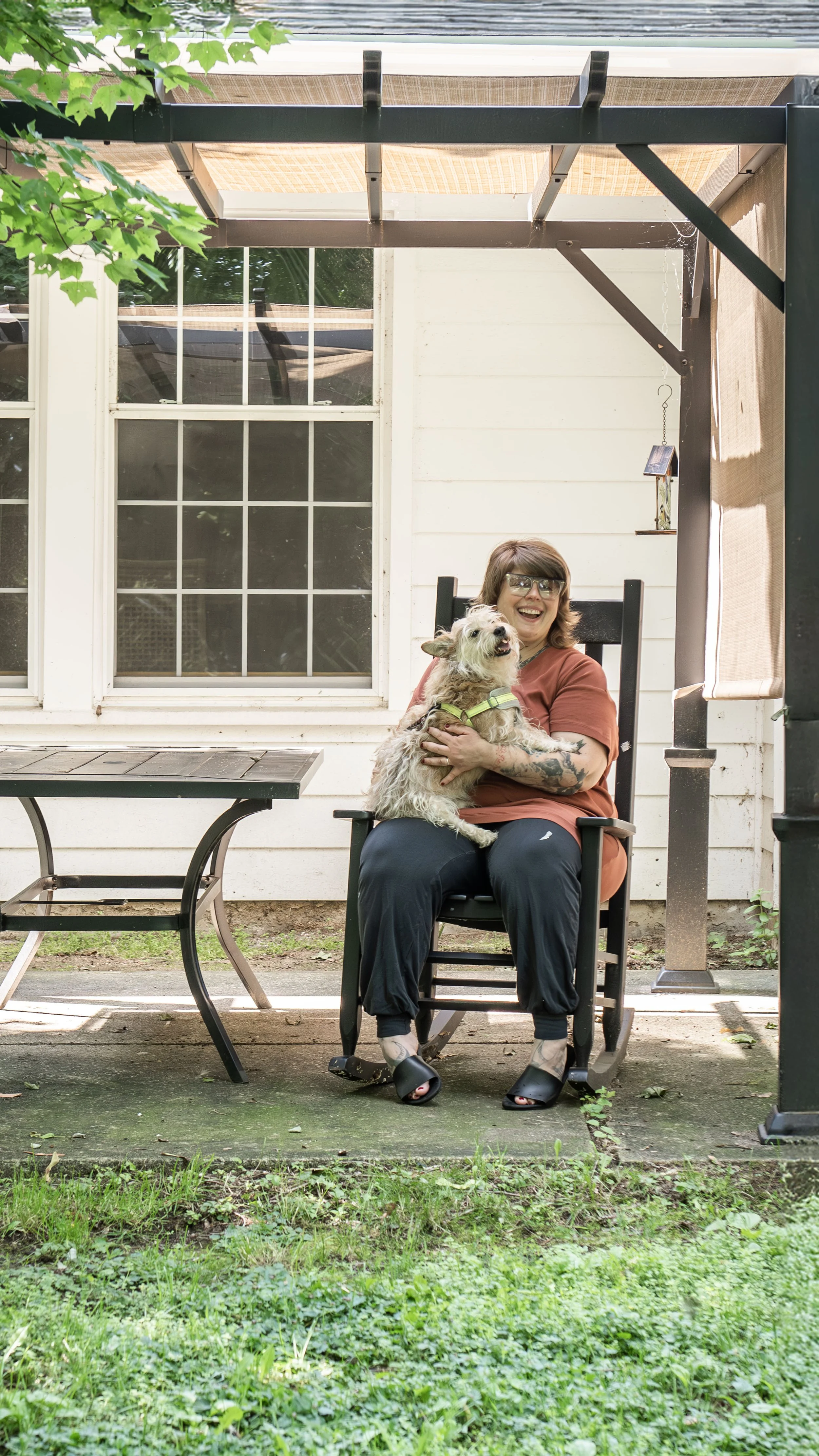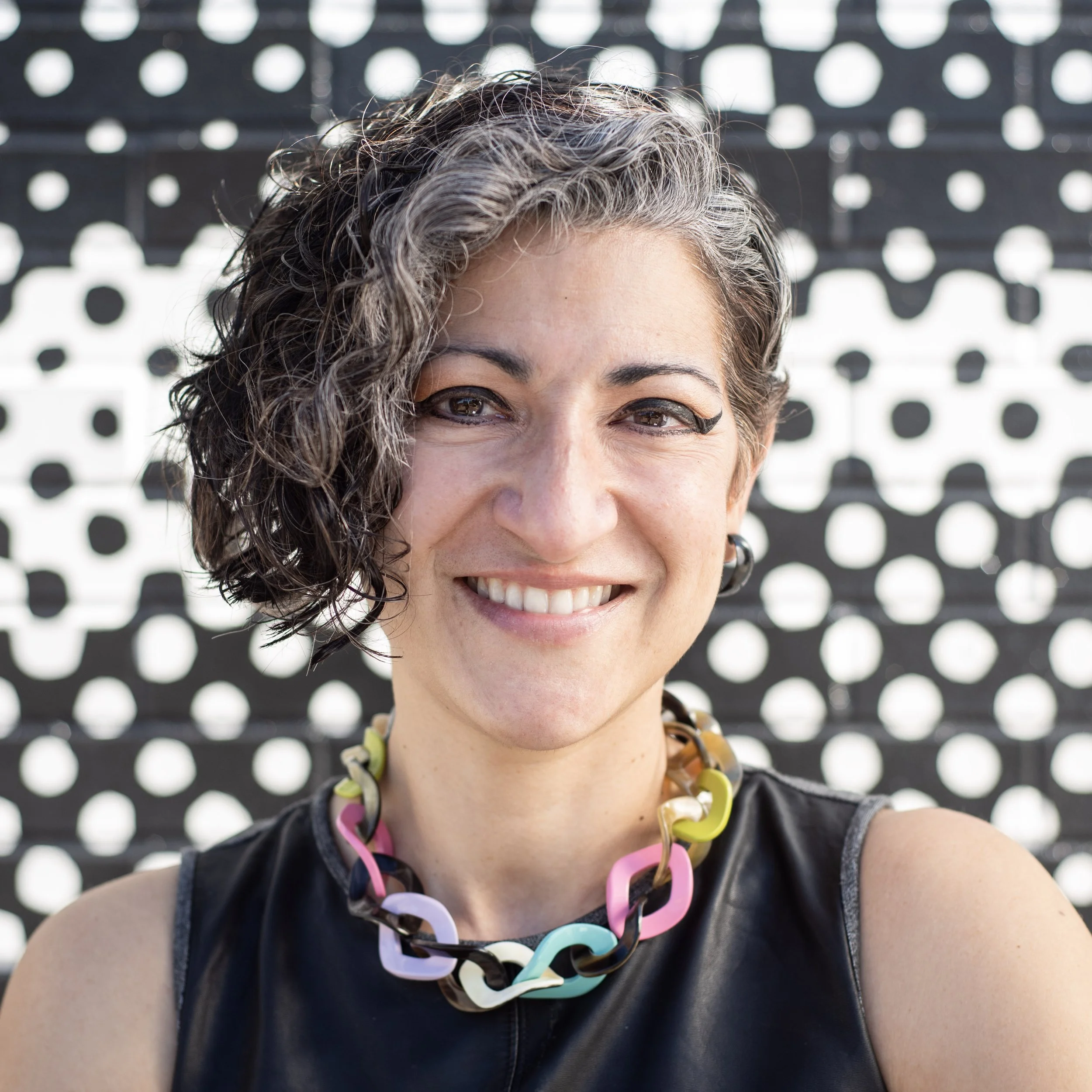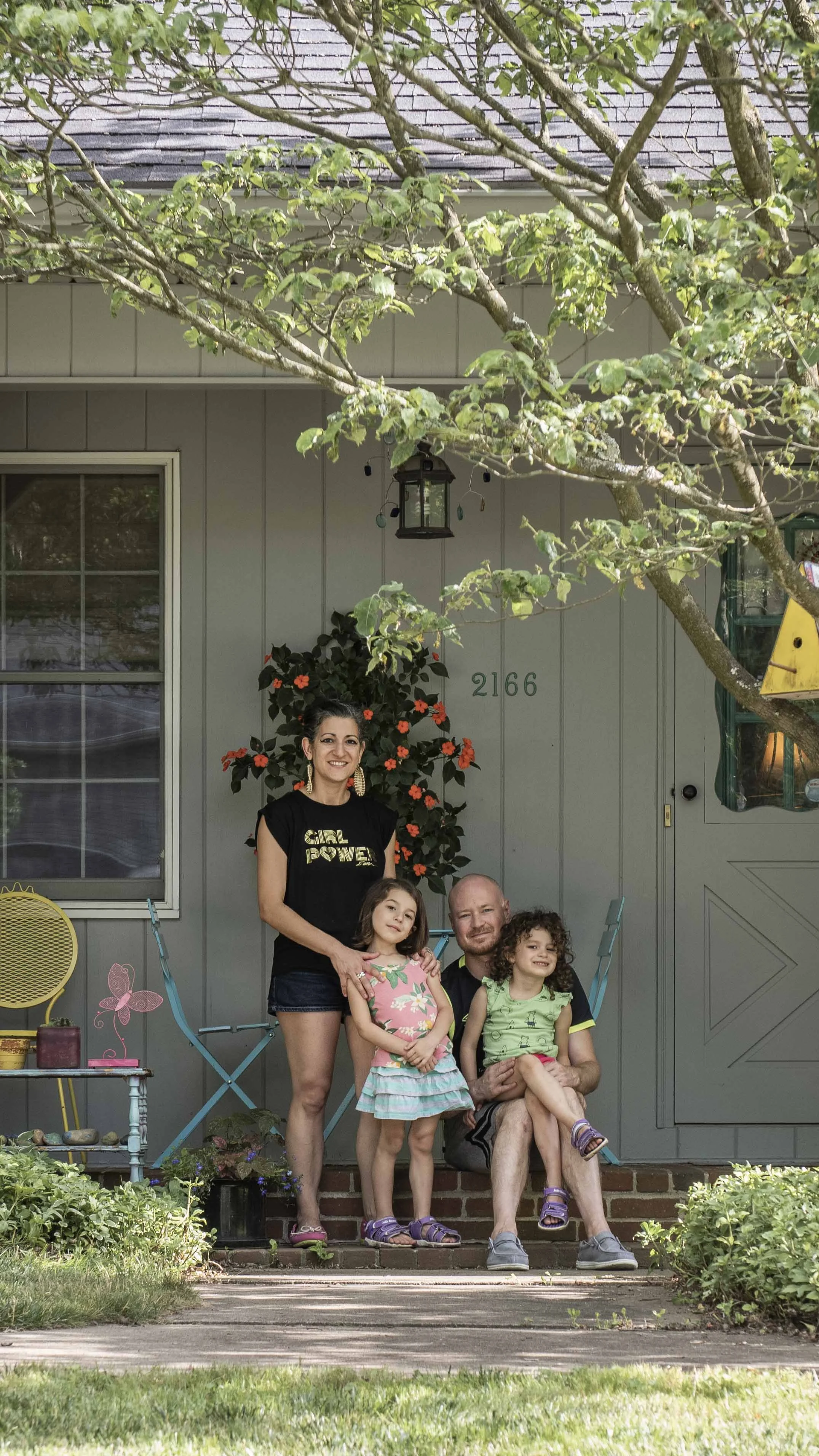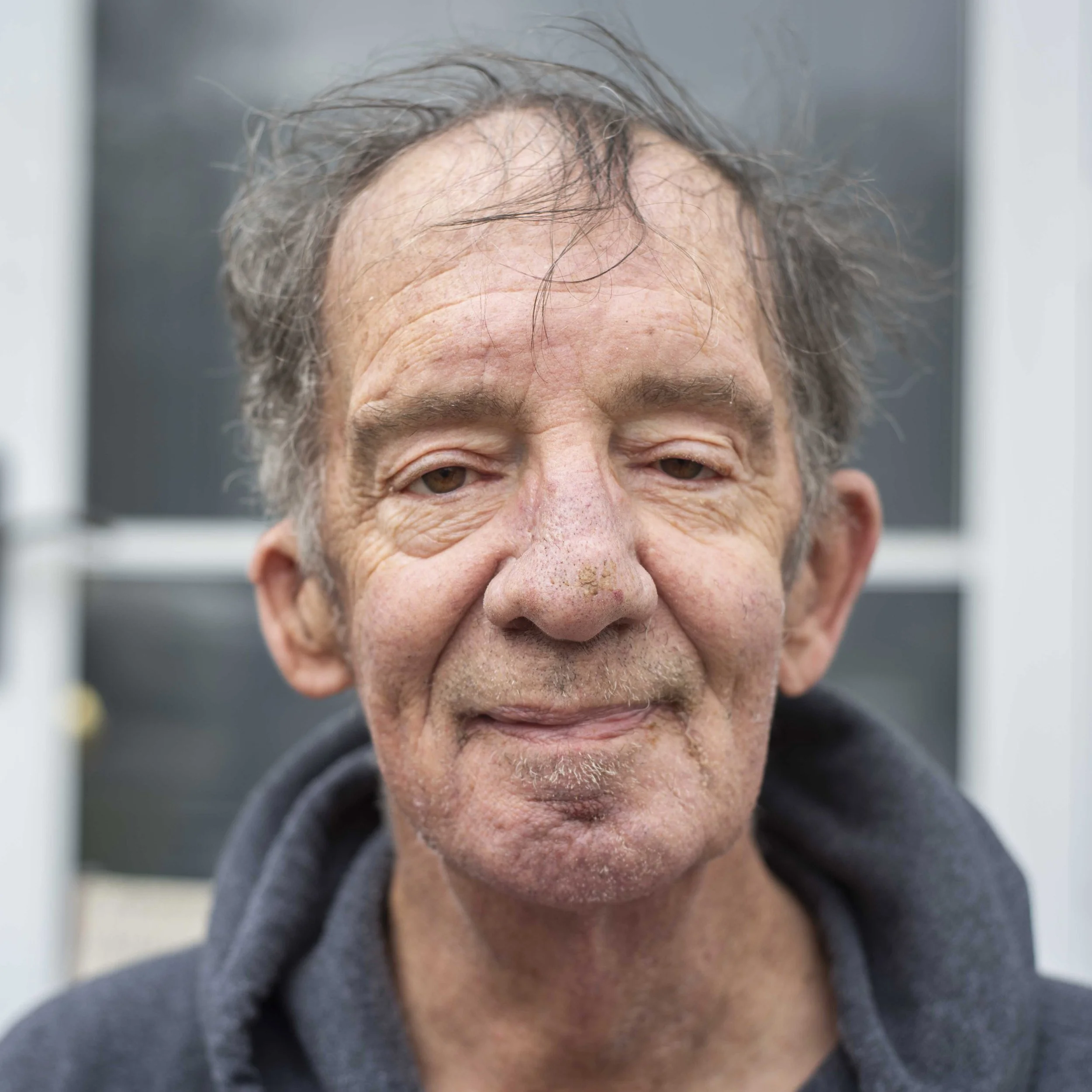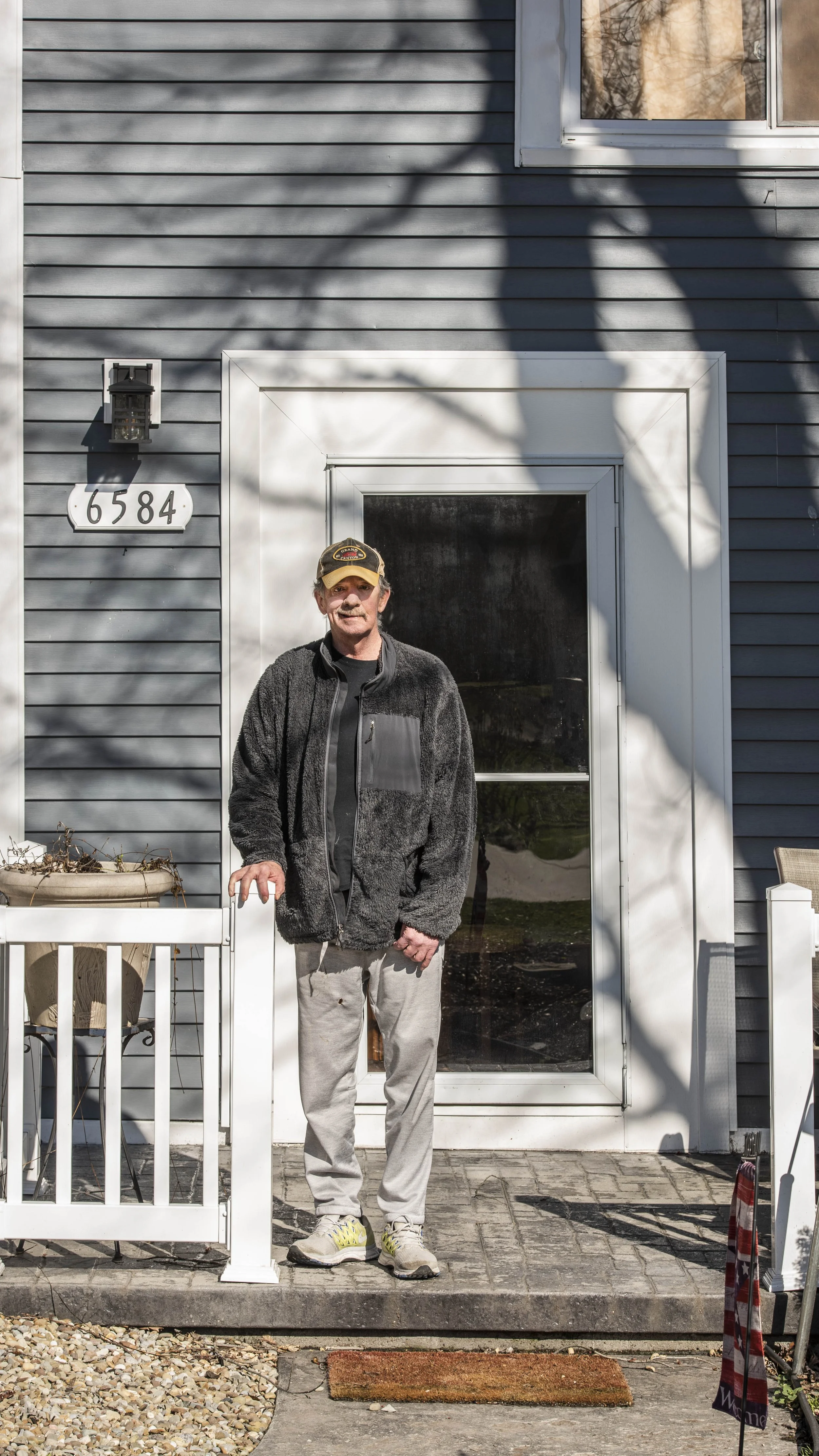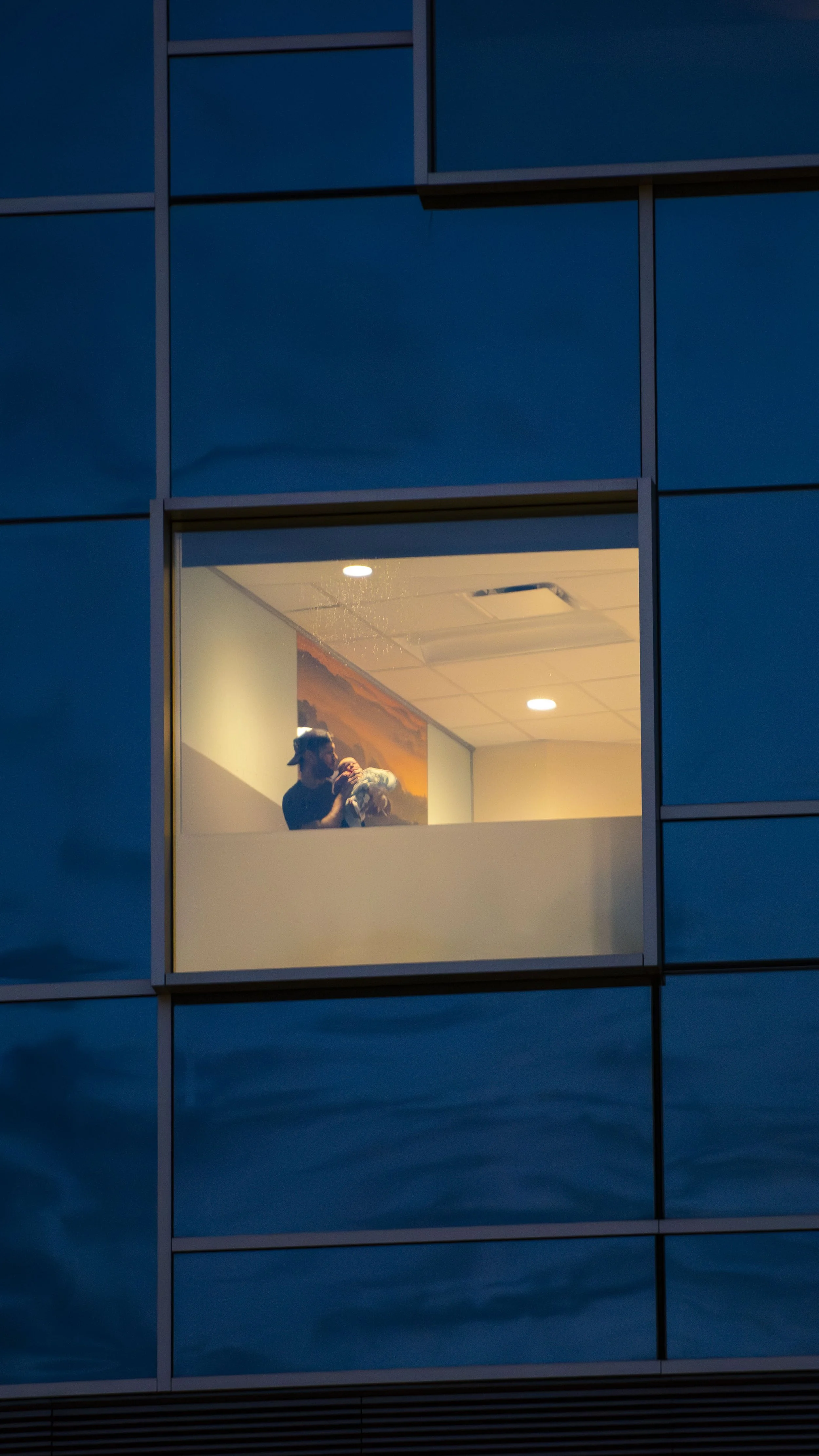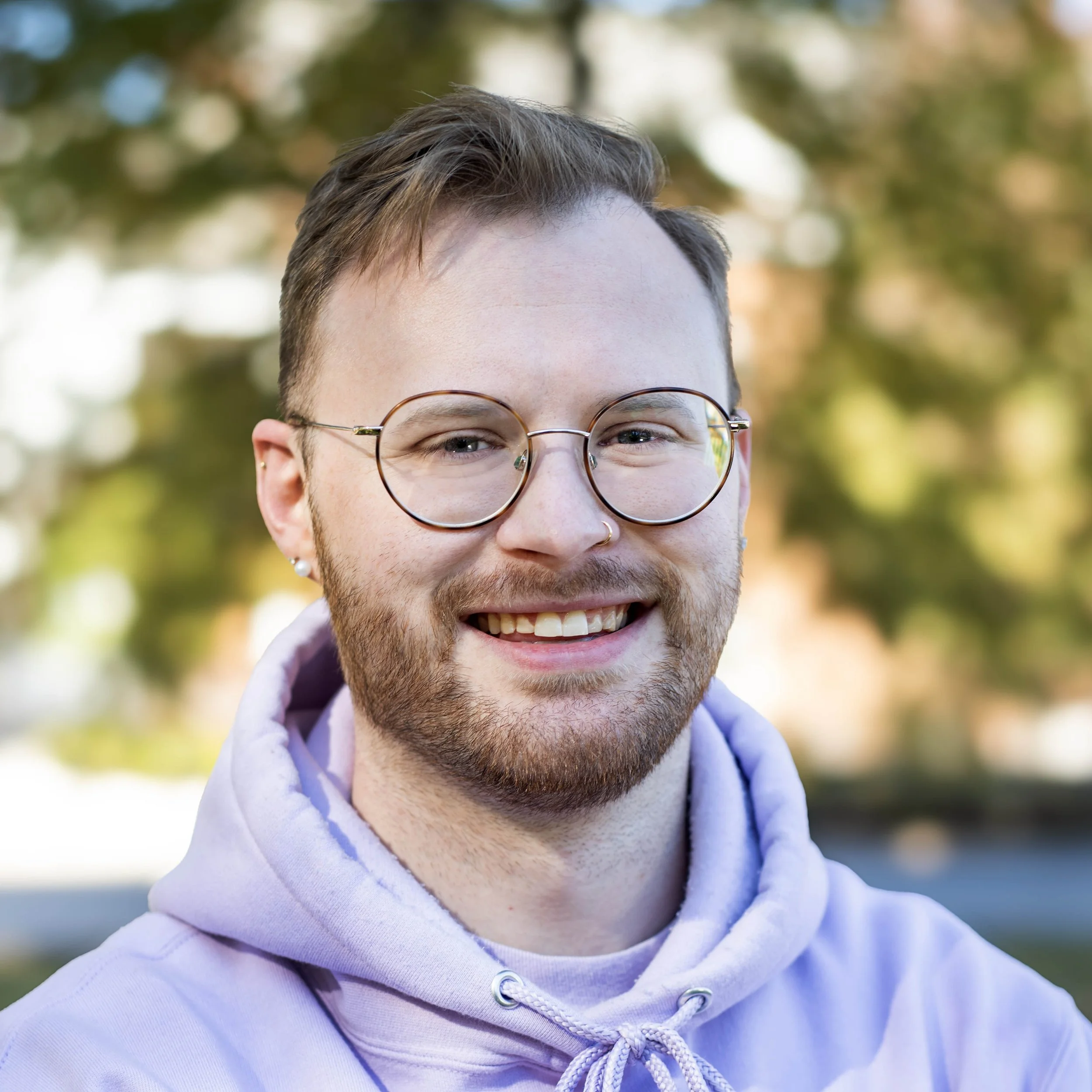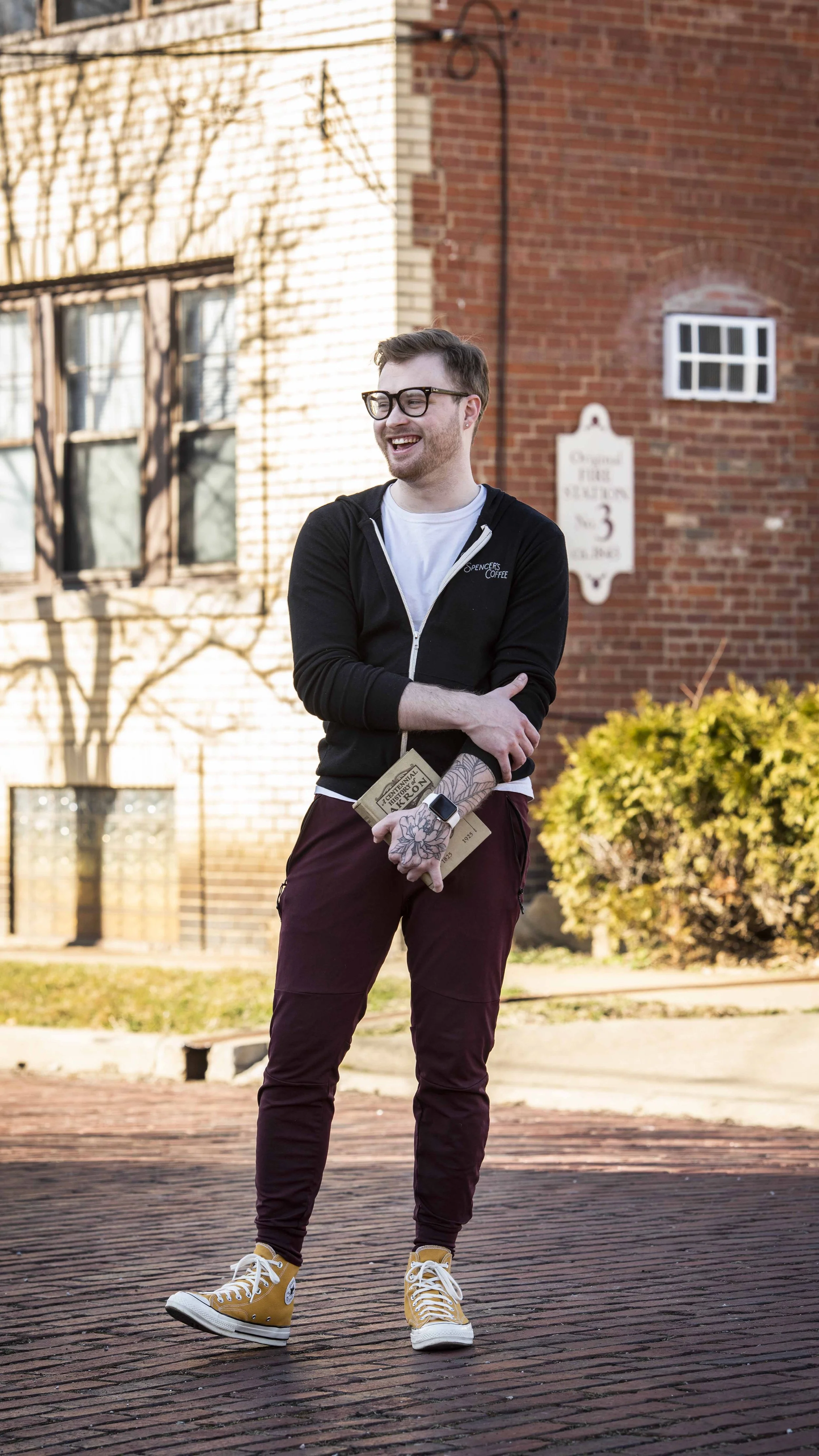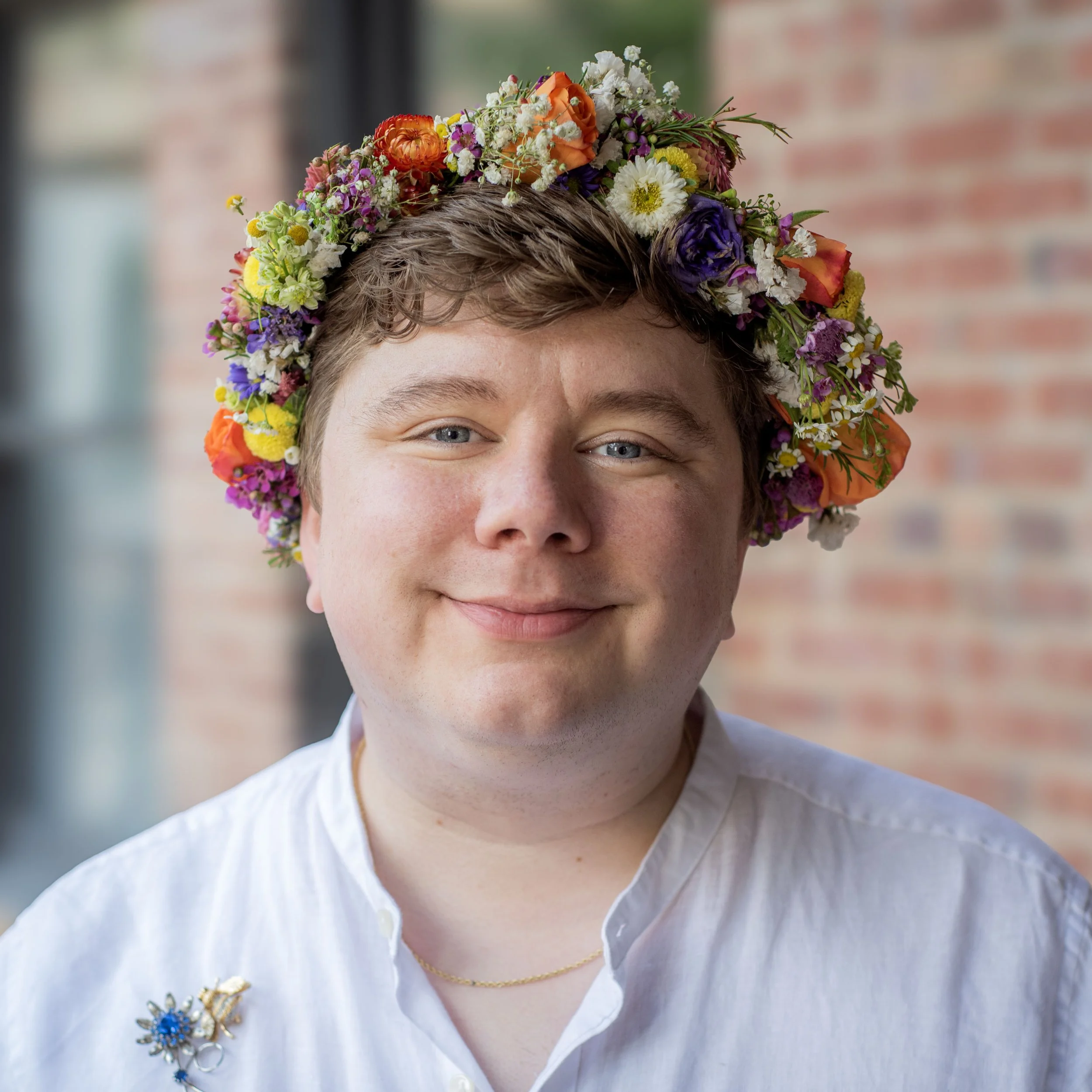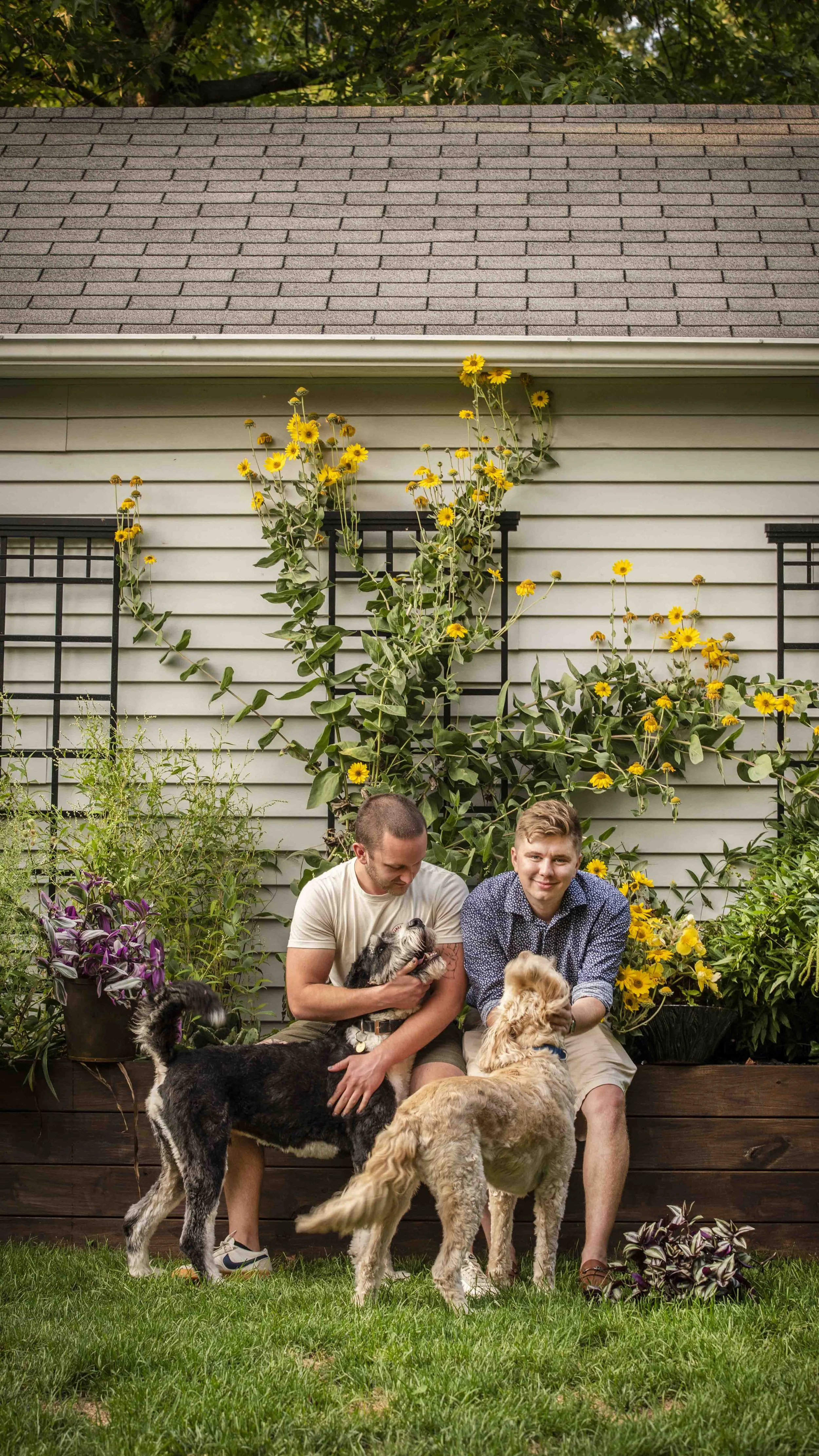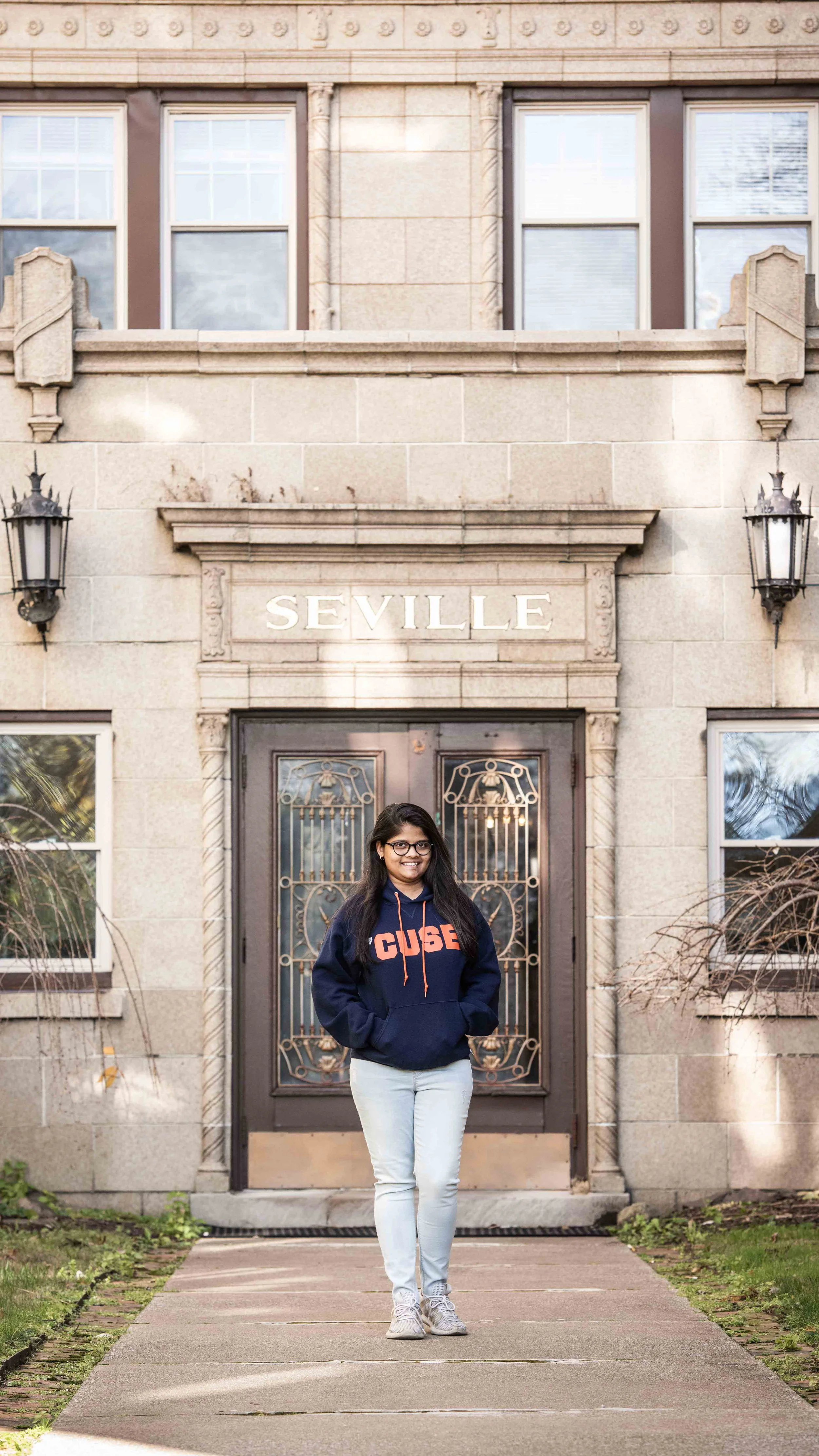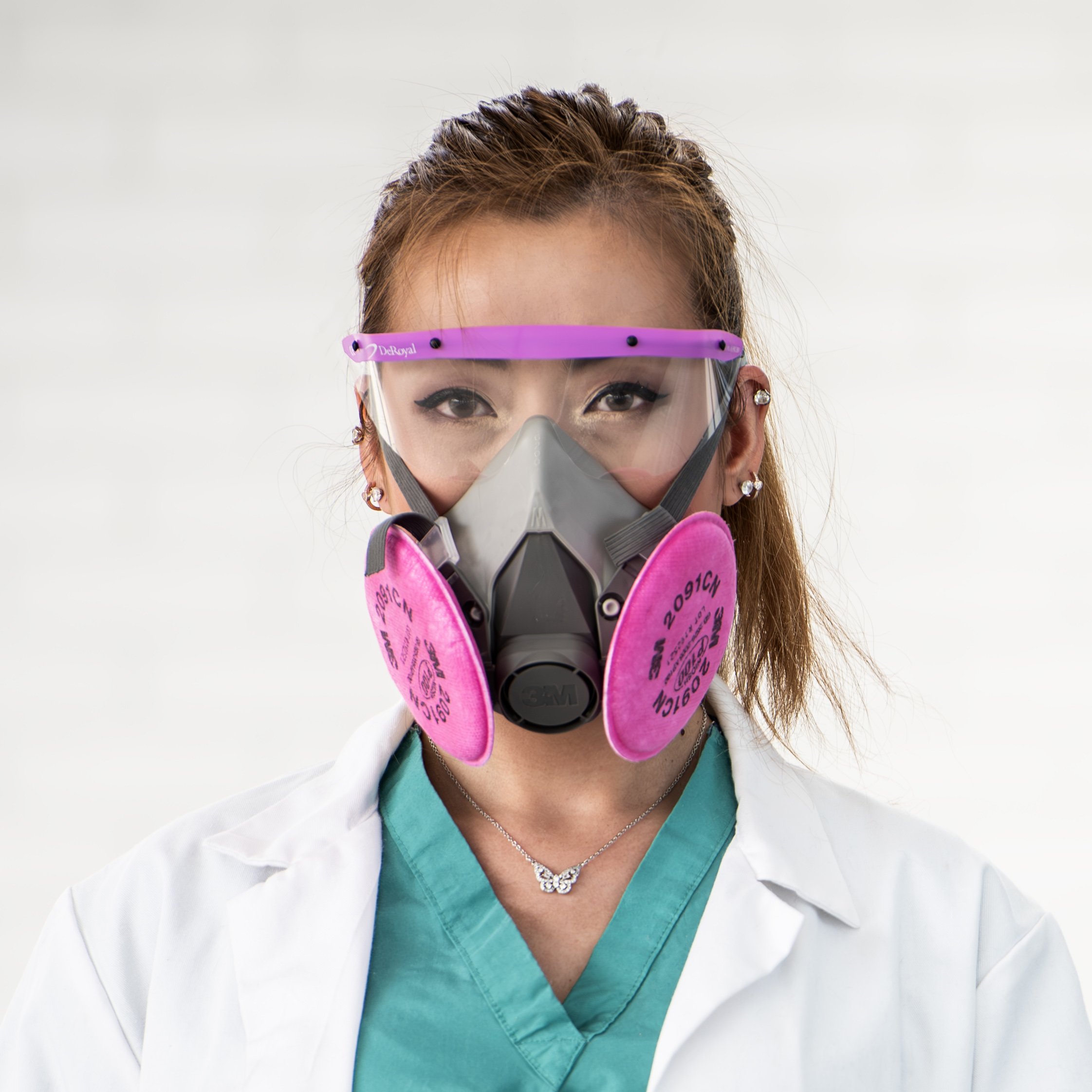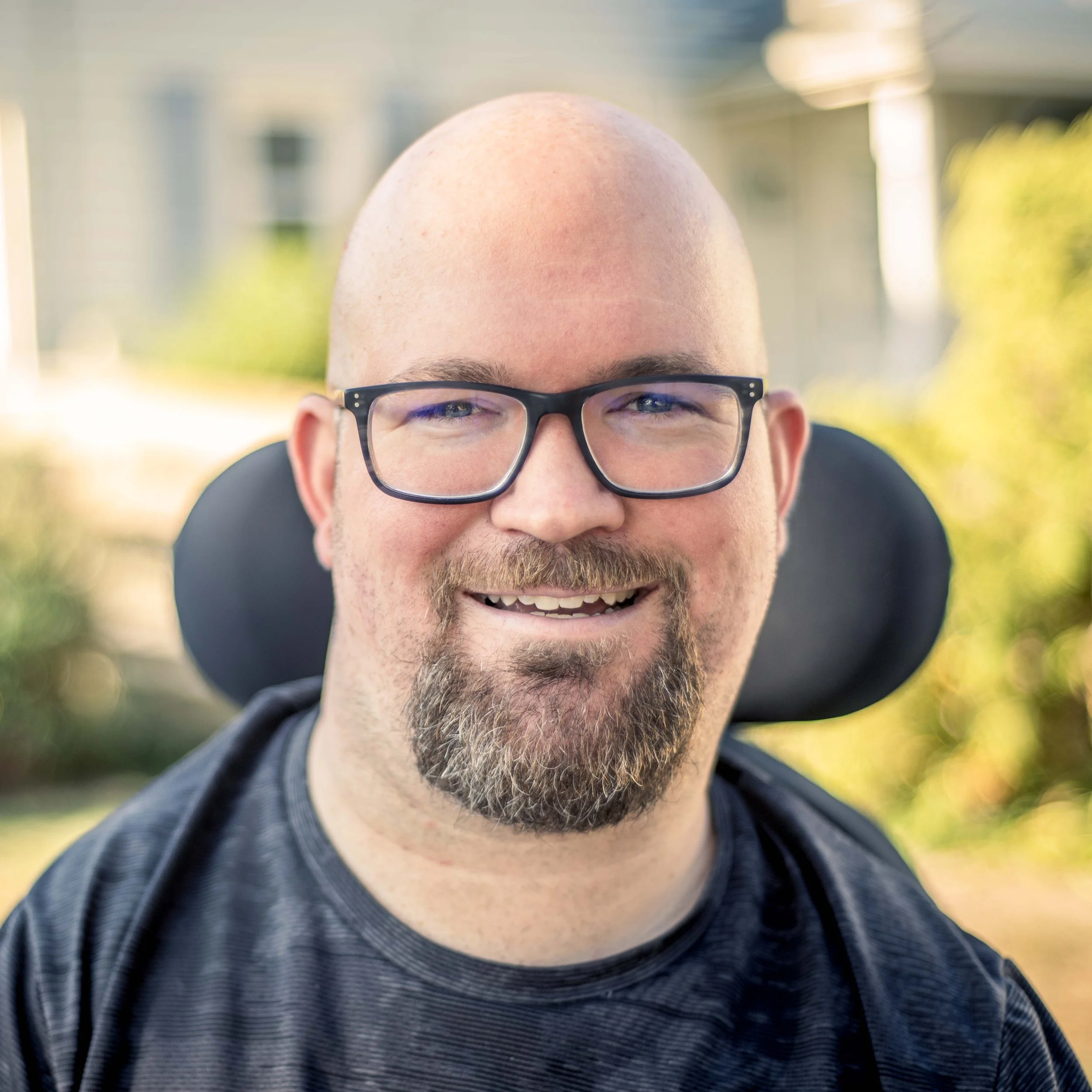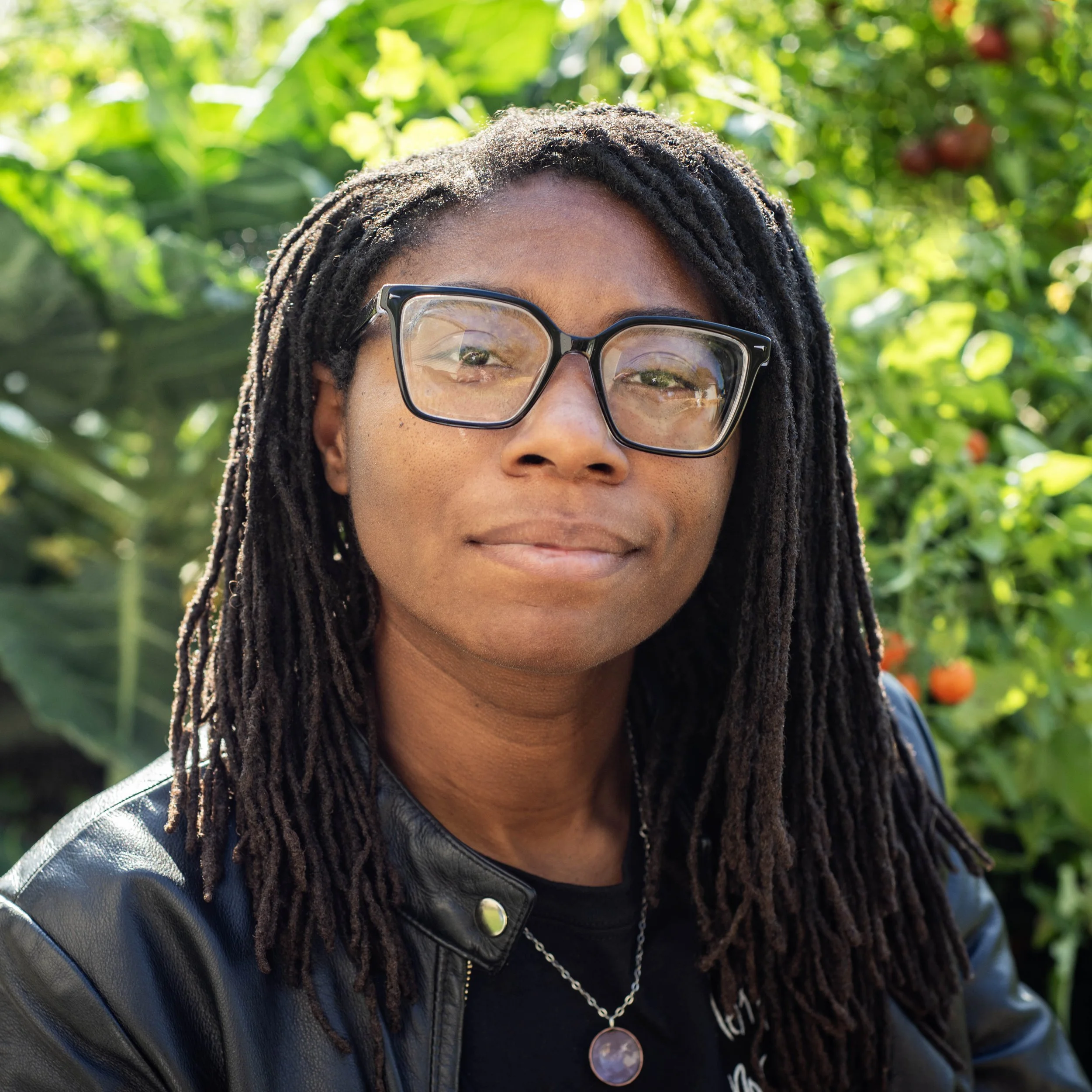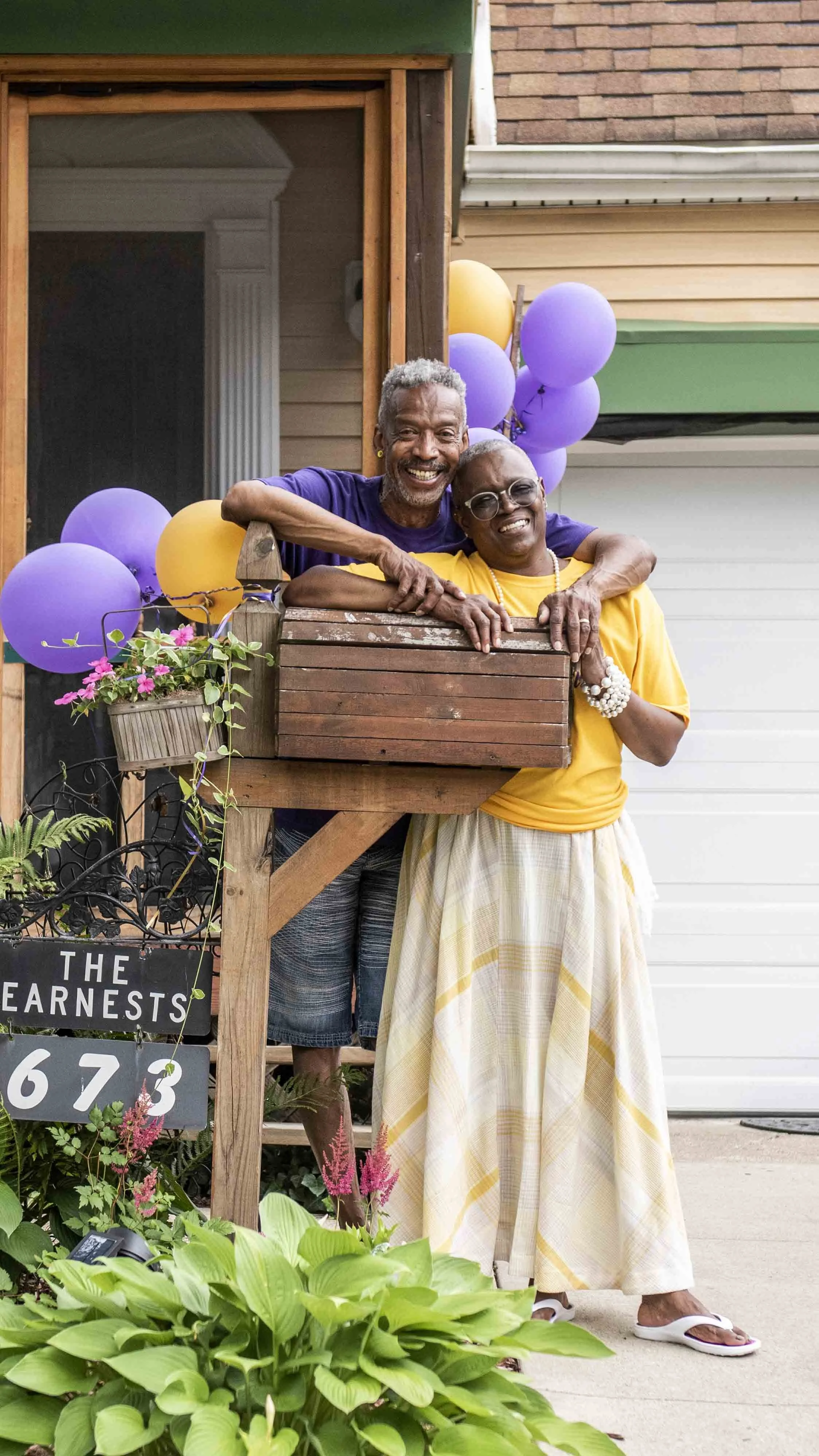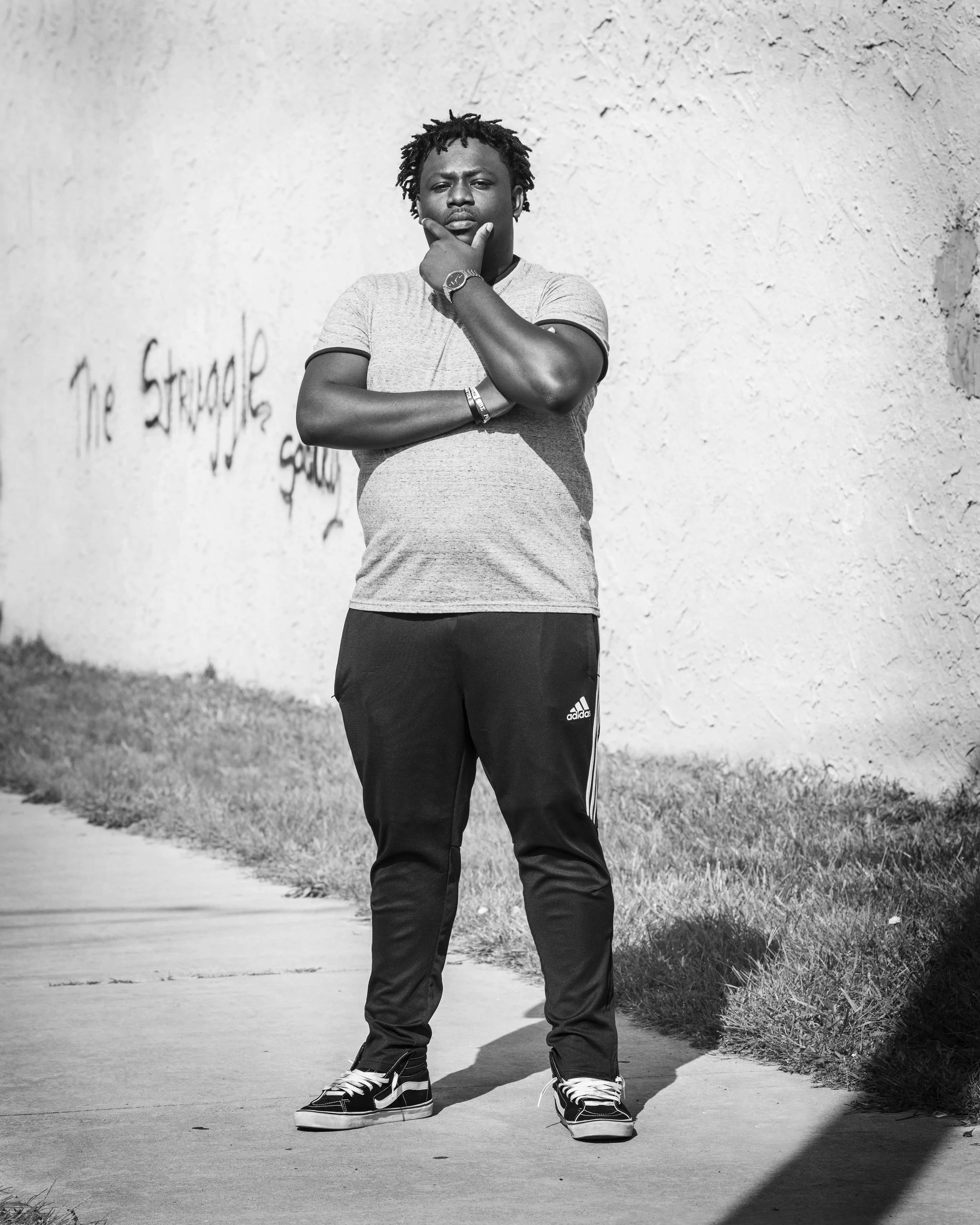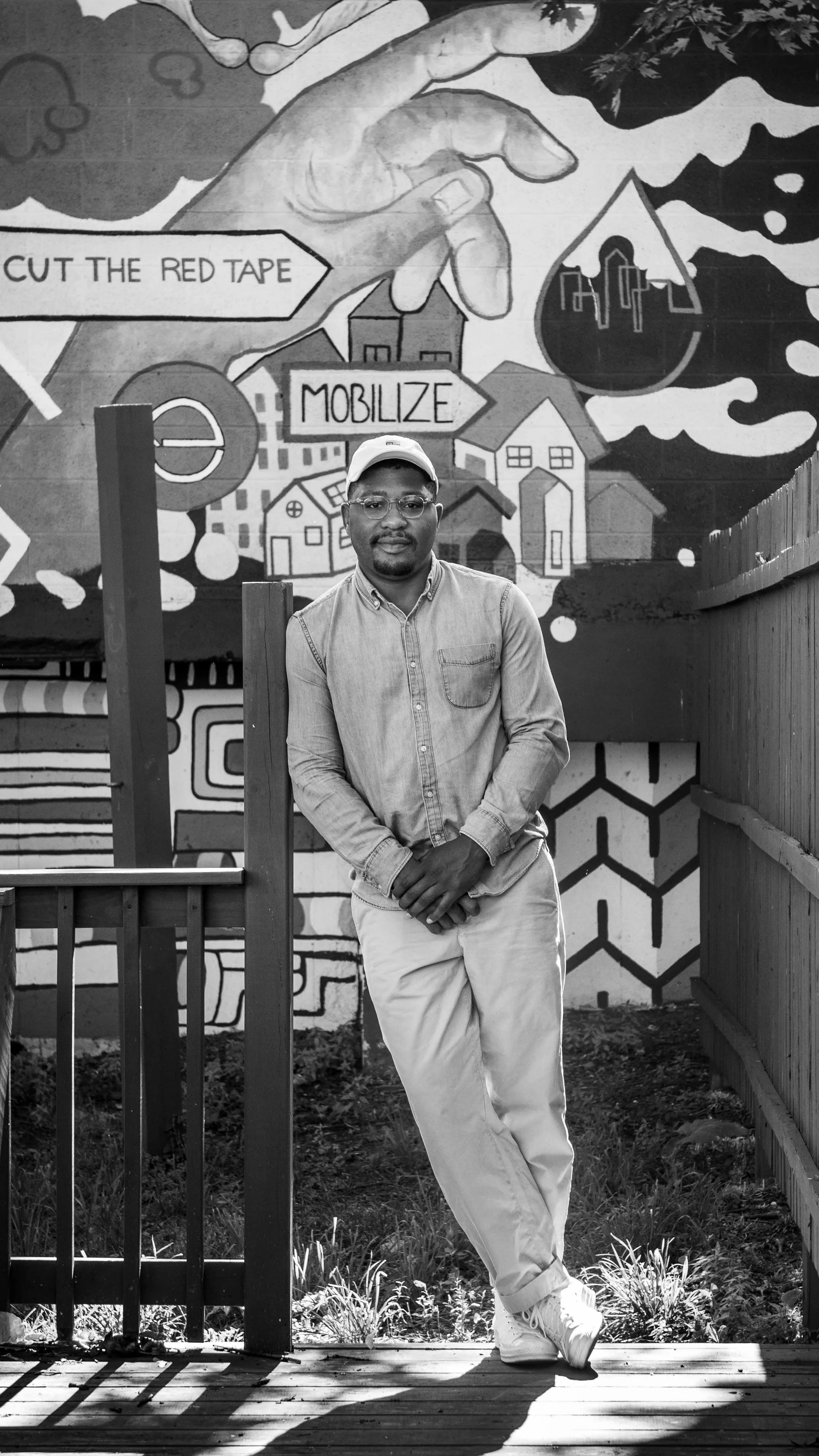Mel was first photographed in April of 2020. As a freelance set stylist, she went back to work full-time in May. “I basically went right back to work. At the time, I was doing a lot of work for a furniture catalog, you know, capitalism wants to do what capitalism wants to do. We were on a deadline. Work in the still photography world came back so much earlier than in the video side because of the nature of the video crews being bigger. It was interesting to see how the production industry functioned and adapted.
It just felt surreal to be really so non-essential, which is something I’ve always struggled with in my career—that no one really needs what I’m encouraging them to buy with a beautifully styled photograph. But at any rate, it was particularly noticeable in those early days. I was really glad that I was able to work then because, of course, I would not have had any income. On the one hand I felt lucky that I was able to work, but on the other hand it just felt so surreal that while other people who were so much more essential than me weren’t able to work. I felt that was an interesting dichotomy. Ironically, I had my busiest year in many years and it was so different from other people’s experiences. I only had COVID once and it wasn’t severe, but I have had long-term effects from that - fatigue, shortness of breath, elevated heart rate, etc., which has made long production days incredibly exhausting.”
Mel was in Paris just before the shut down in the U.S., which gave her a brief opportunity to see how another country was managing the pandemic. She made it back safely and quickly experienced the full pandemic shutdown. Then, she went back to France in 2021 and got to see COVID testing firsthand.
“Free COVID testing was available at every drug store and you could buy test kits yourself. When you’re in a country that has universal healthcare, people were much more compliant about mask usage because they had a system that actually functioned for them and protected them. They didn’t have the notion that this was all fake.
I was also adjusting to being a widow and being alone. I had roommates in college, then I got married at 25 and we were married for 35 years. I literally had never lived alone until Len passed in September, 2019. I look at that portrait you took of me and I think of that person learning to be alone for the first time. I see a lot of uncertainty and tentativeness in me at that time.”
For Mel, the pandemic presented an interesting balance between independence and connectivity. She became more self-reliant, independent, and adventurous. “I think that time taught me to check in with friends and to actively cultivate and encourage the people in my life."
April 2020
Cleveland Heights
